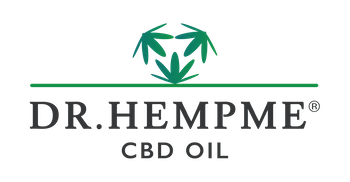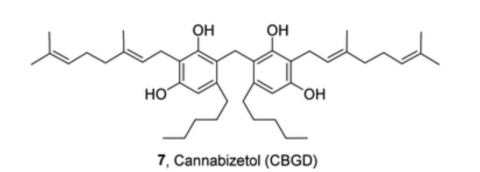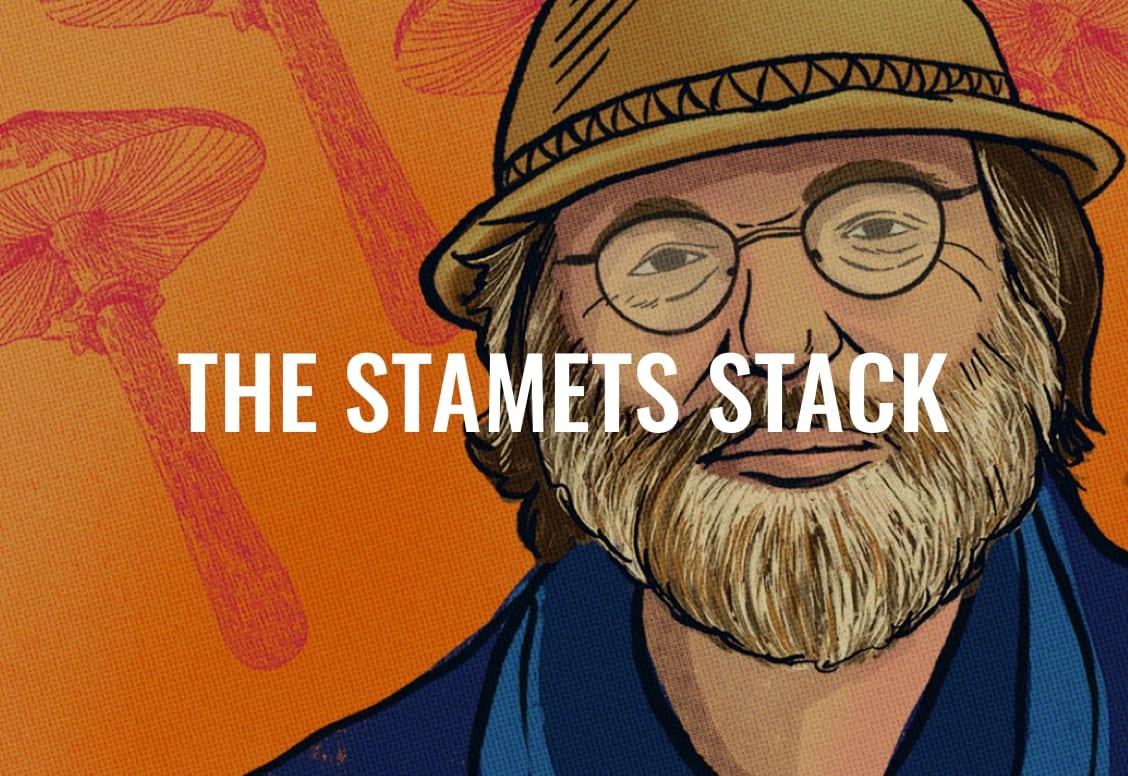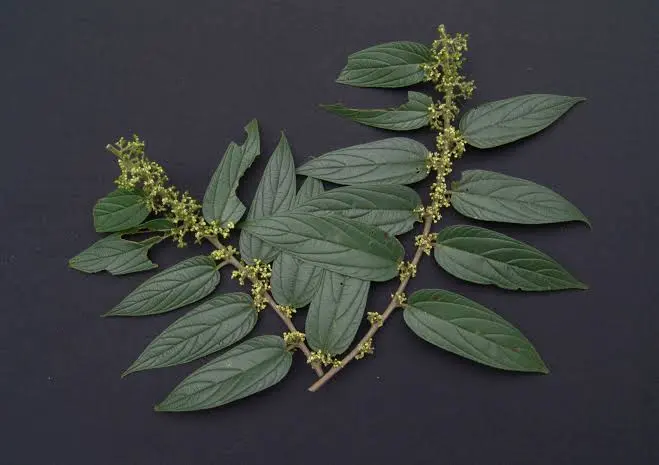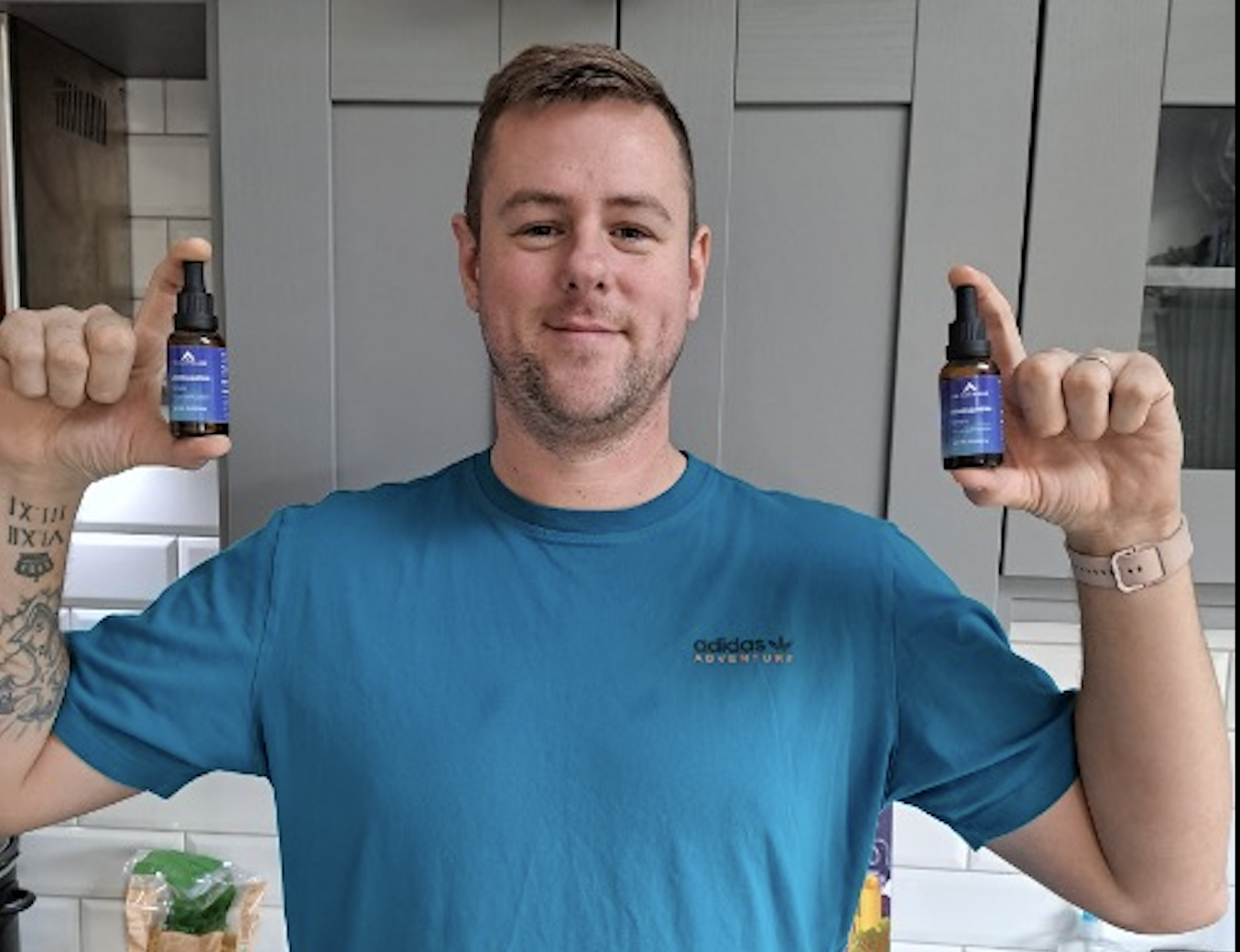Alcohol Use Disorder (AUD) is one of the most difficult health challenges to overcome.
For many, quitting alcohol isn’t just about stopping a behavior. It’s about calming the inner storm—the stress, the cravings, the anxiety, the trauma that alcohol once numbed. And for decades, treatment options have remained largely the same: counseling, medication, abstinence, willpower.
But now, a new player is emerging on the scene—CBD.
And it’s not just hype.
A peer-reviewed, randomized, placebo-controlled clinical trial published in The American Journal of Psychiatry in 2024 has added real scientific weight behind CBD’s potential as a tool for reducing alcohol cravings and preventing relapse in people with AUD.
In this article, we’ll walk through the key findings of this study, why they matter, and how this fits into the bigger picture of CBD research—and your health.
What Was the Study?
The title of the study is:
“Cannabidiol Reduces Alcohol Craving and Prevents Relapse in Individuals With Alcohol Use Disorder.”
(Study Link)
It was conducted by a team of researchers from multiple clinical and academic institutions, and it followed the highest standard for clinical research:
randomized, double-blind, placebo-controlled.
Study Design:
-
Participants: 70 adults diagnosed with Alcohol Use Disorder
-
Treatment Duration: 28 days
-
CBD Dose: 800 mg of pharmaceutical-grade oral CBD per day (split into two doses)
-
Control Group: Matching placebo
-
Setting: Inpatient withdrawal program followed by outpatient care
The goal?
To assess whether CBD could reduce alcohol cravings, delay relapse, and improve outcomes for people with a history of alcohol dependency.
Key Results
1. CBD Reduced Alcohol Cravings Significantly
One of the most striking findings was that participants in the CBD group reported significantly fewer cravings for alcohol compared to those in the placebo group.
This wasn’t a subtle effect—it was clinically meaningful.
Cravings are one of the strongest predictors of relapse. If you reduce them, you give someone a fighting chance to stay sober.
2. CBD Improved Cognitive Function During Withdrawal
Alcohol withdrawal is not only uncomfortable—it can impair memory, attention, and executive function.
The CBD group showed better performance on cognitive tasks, particularly those measuring working memory and attention. That means they were not only resisting cravings—they were thinking more clearly too.
This is important because many people in early recovery struggle to make decisions and stay focused. CBD may support mental clarity during this fragile phase.
⏳ 3. CBD Delayed Relapse & Reduced Heavy Drinking Days
Those receiving CBD were less likely to relapse and had fewer heavy drinking days during the follow-up period.
It didn’t just help in the moment—it changed behavior over time.
Why Does This Matter?
AUD affects more than 100 million people globally.
Relapse rates can be as high as 60–70% within the first year after quitting.
We need better tools.
We need gentler, more supportive solutions that don’t just numb the cravings, but actually rebalance the nervous system.
This is where CBD shines.
How Does CBD Help With Alcohol Addiction?
CBD is short for cannabidiol, a non-intoxicating compound found in hemp and cannabis plants.
It works by interacting with the endocannabinoid system (ECS)—a complex network of receptors involved in mood regulation, inflammation, pain, memory, and reward.
Here’s what the research suggests:
-
CBD modulates GABA and glutamate activity, which are both involved in addiction and withdrawal.
-
It reduces anxiety and stress, two major triggers for relapse.
-
It may protect the brain from neuroinflammation and damage caused by alcohol.
-
It reduces impulsivity and helps restore self-control.
Put simply:
CBD doesn’t “block” cravings—it helps your brain function more calmly and clearly.
It quiets the noise.
It creates space between impulse and action.
How This Compares to Other Treatments
There are currently three main FDA-approved medications for AUD:
-
Disulfiram (Antabuse): Causes unpleasant reactions if you drink.
-
Naltrexone: Reduces the rewarding effects of alcohol.
-
Acamprosate: Helps normalize brain function post-alcohol.
These medications have their place—but they often come with side effects or adherence issues.
CBD offers a non-intoxicating, well-tolerated, and multi-target approach.
This study adds to a growing body of evidence suggesting that CBD may eventually be used as a complementary or standalone option for alcohol recovery.
What Dose Was Used in the Study?
This particular study used 800 mg/day of oral CBD, split into two doses of 400 mg.
That’s a pharmaceutical-grade dose, significantly higher than most over-the-counter supplements.
However, previous smaller studies have shown benefits even at lower doses—as little as 15–50 mg per day—particularly for stress, anxiety, and general cravings.
So while 800 mg is promising in clinical settings, many people may benefit from more accessible, lower daily doses of high-quality, full-spectrum CBD.
But Is It Safe?
The study reported no significant side effects in the CBD group.
Participants tolerated the 800 mg/day dose well, with no liver toxicity, no behavioral impairment, and no adverse events.
This matches previous safety data showing that CBD is one of the safest plant compounds ever studied.
Section 4: Why This Matters – CBD as a Tool for Recovery
What makes these findings so important?
- Cravings are a major driver of relapse. Finding non-addictive ways to reduce them can change lives.
- CBD offers a low-risk profile. Compared to some pharmacological options (like naltrexone or disulfiram), CBD appears to carry fewer side effects.
- This study used real-world dosing. A 15mg daily capsule mirrors what many people already use for general wellness, making it easy to translate into practice.
- Natural doesn’t mean unscientific. This study validates what many have experienced firsthand—CBD can support emotional regulation, reduce anxiety, and now, potentially reduce addictive cravings.
Section 5: How CBD Might Work in the Brain
While researchers are still studying the exact mechanisms, there are several theories for how CBD might reduce alcohol cravings:
- Regulation of the endocannabinoid system: CBD interacts with CB1 and CB2 receptors that help regulate mood, stress, and reward pathways.
- Modulation of dopamine and serotonin levels: By stabilizing these neurotransmitters, CBD may reduce the compulsive desire for reward-seeking behaviors like alcohol use.
- Reduction of stress and anxiety: Many people drink to escape anxiety or emotional discomfort. CBD’s well-documented calming effects may help reduce that drive.
- Improved sleep: Poor sleep and cravings go hand-in-hand. CBD may support better rest, which in turn supports more regulated decision-making.
More research is needed, but these early findings are promising.
Section 6: Should You Try CBD for Alcohol Cravings?
While this study shows real promise, it’s important to remember that CBD is not a cure for addiction. But it may be a supportive tool, especially when paired with therapy, community, and lifestyle changes.
If you’re considering using CBD to support your recovery or reduce your alcohol consumption:
- Start with a trusted, lab-tested full-spectrum oil or capsule.
- Talk to your doctor, especially if you’re taking medications or have liver concerns.
- Be consistent. The trial used a steady 15mg per day for 8 weeks—CBD works best when used regularly.
Section 7: What to Look For in a Quality CBD Product
Not all CBD is created equal. Here’s what to look for:
- Full-spectrum extract (includes other cannabinoids and terpenes for better results)
- Lab-tested for purity and potency (free of heavy metals, pesticides, and solvents)
- Transparent sourcing and manufacturing practices
- Responsive customer support and education
Brands like Dr. Hemp Me follow these standards to ensure what’s on the label is what’s in the bottle.
Conclusion: A New Chapter in CBD Research
This study is a major milestone. It shows that daily, low-dose CBD may do more than just help with anxiety or sleep.
It may actually help people reduce their cravings for alcohol.
If you or someone you love is on the path to healing, CBD could be one more tool in the toolkit. It’s not a magic bullet. But it’s not just hype either.
It’s science.
Further Reading & Resources:
Note: This article is for informational purposes only and is not medical advice. Always consult with a healthcare provider before starting any supplement routine.
